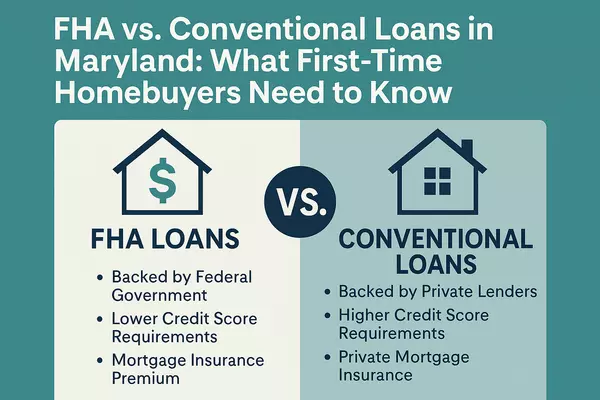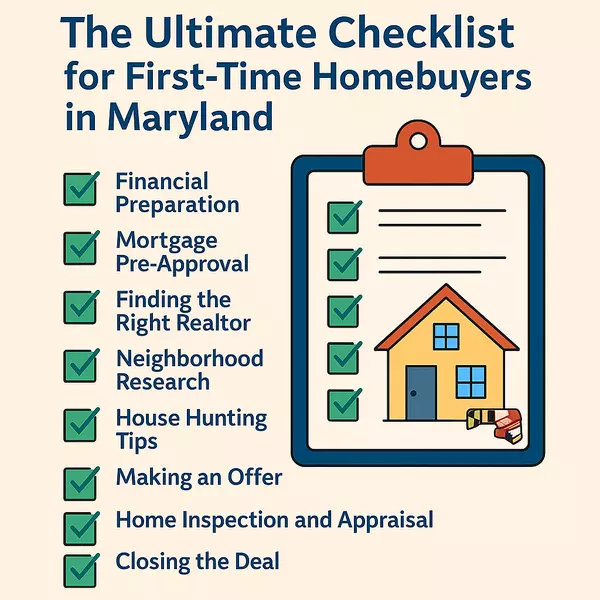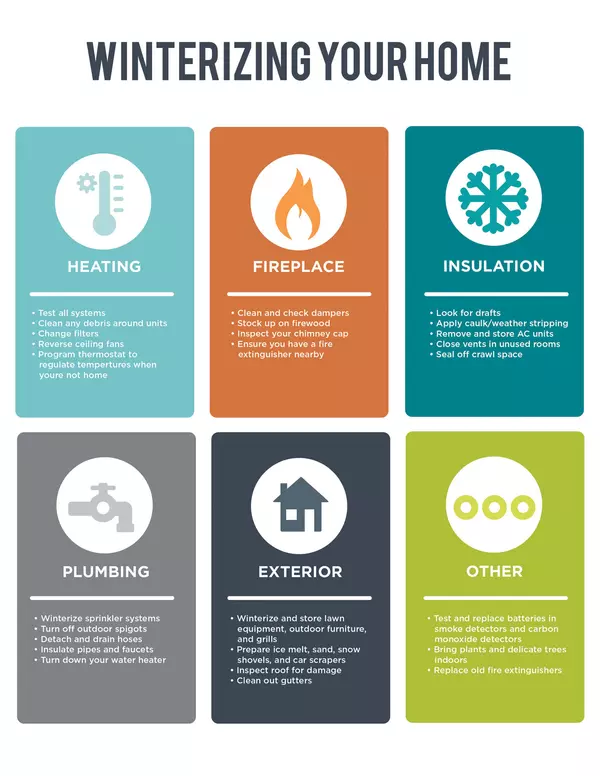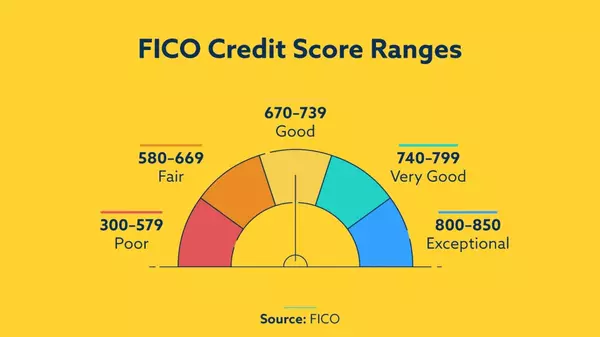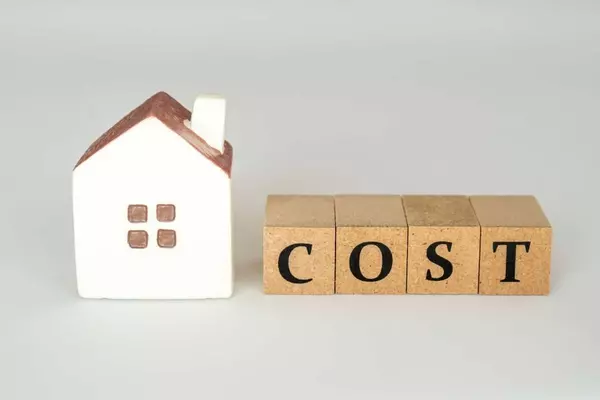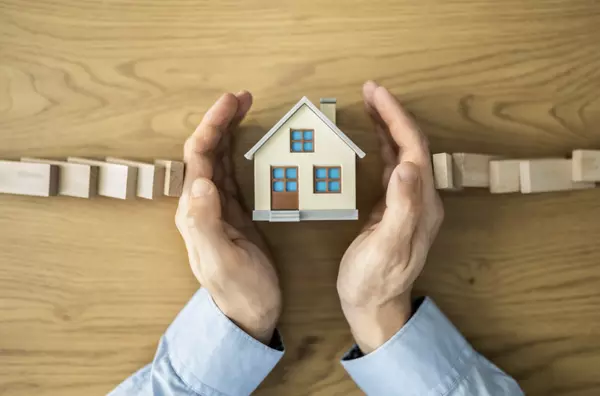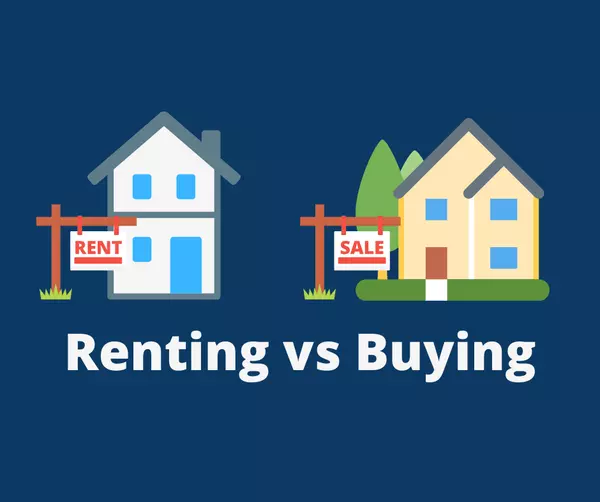The Hidden Costs of Buying a Home: What Every Buyer Should Know
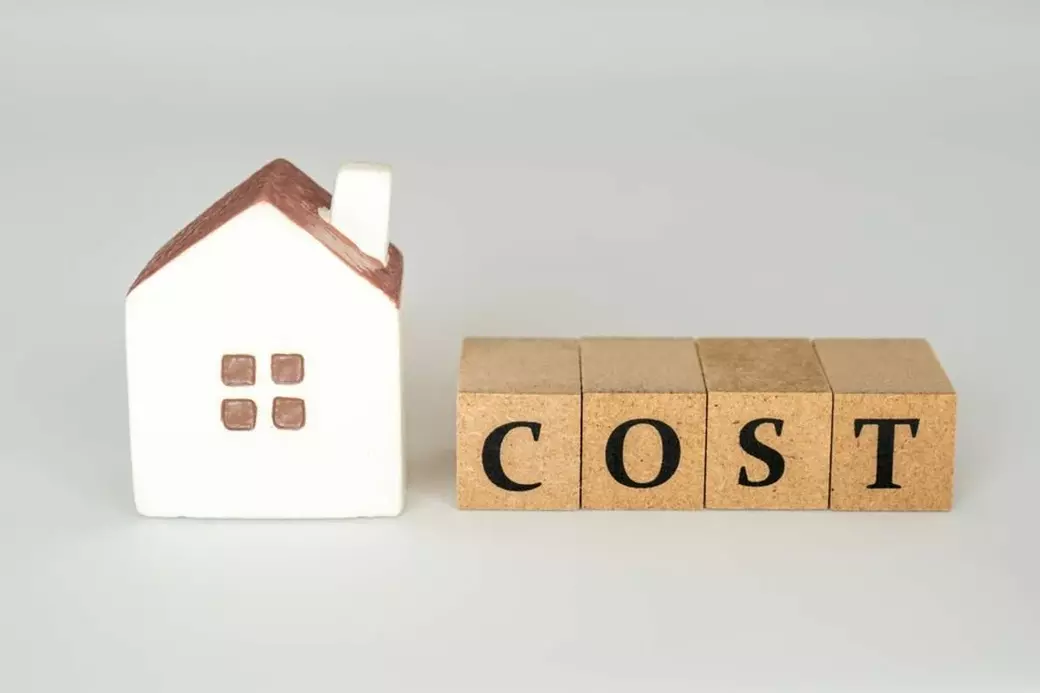
Buying a home is a thrilling milestone, but as many first-time homebuyers discover, the purchase price is only part of the financial picture. From closing fees to ongoing maintenance, there are several additional costs that come into play. Being prepared for these hidden costs will not only help you budget more accurately but also give you confidence in your purchase. Here’s an in-depth look at what to expect beyond the listing price.
1. Closing Costs
One of the biggest surprises for first-time buyers is closing costs, which typically range from 2-5% of the home’s purchase price. These fees cover a variety of services that facilitate the purchase, and while they can be negotiated, they are rarely avoidable. Here are some common closing cost components:
- Loan Origination Fees: Charged by the lender to process your loan application, typically between 0.5-1% of the loan amount.
- Title Insurance: Protects you and your lender if there’s a dispute over ownership of the property.
- Appraisal Fees: Cover the cost of having the home’s market value assessed by a professional.
- Escrow Fees: Paid to the escrow company handling the transaction and often cover document preparation, signing, and other admin tasks.
- Recording Fees: Charged by local government offices for updating public records with the new ownership.
In total, these costs add up quickly. Buyers should request a Loan Estimate early in the process to get an idea of what to expect. Additionally, some lenders may allow you to roll closing costs into your mortgage, but this often results in paying interest on those fees over time.
2. Home Inspections and Appraisals
Although optional, a home inspection is essential to avoid costly surprises down the road. Inspectors check everything from the foundation to the roof, identifying issues that may not be visible during a regular showing. Here’s a breakdown:
- General Home Inspection: Costs between $300-500, depending on the size and location of the property. This inspection covers structural elements, electrical systems, plumbing, and more.
- Specialized Inspections: If the general inspector finds areas of concern (e.g., mold, pests, or asbestos), specialized inspections may be needed, costing an additional $75-300.
- Appraisal: Required by the lender, an appraisal costs around $300-400 and ensures the home’s value aligns with the loan amount.
Altogether, inspections and appraisals are necessary to safeguard your investment, but they add another $600-1,200 to the buying process.
3. Moving Expenses
Once you’ve bought your home, it’s time to move! Moving costs vary greatly depending on distance and the level of service. Here are some options and estimates:
- DIY Moving: Renting a truck can range from $100-300 for local moves but may increase with mileage. Supplies like boxes and packing materials add to the costs.
- Professional Movers: Local moves can cost $500-1,500, while long-distance moves can easily exceed $5,000.
- Hidden Moving Costs: Keep in mind extra charges for packing services, insurance, or moving bulky items like pianos or appliances.
Considering these costs early on can help you decide whether to set up a DIY move or budget for professional services.
4. Property Taxes and Homeowners Insurance
Property taxes and insurance are annual expenses that can significantly impact your budget. Here’s what you need to know:
- Property Taxes: Rates vary by location, but homeowners should expect to pay about 1-2% of the home’s value annually in property taxes. In Montgomery, Prince George’s, and surrounding counties, tax rates differ and may increase based on property value.
- Homeowners Insurance: Coverage typically costs $1,000-2,000 annually, depending on factors like the size of your home and local risks. Insurance covers damage from events like fire or theft, but you may need additional policies for specific needs (e.g., flood insurance).
Many lenders require these payments to be escrowed, meaning they’re paid in monthly installments along with your mortgage. This is crucial to account for in your monthly budget.
5. HOA and Maintenance Fees
If you’re buying a home in a community with a Homeowners Association (HOA), you’ll likely have monthly or annual HOA fees that contribute to maintaining shared spaces and amenities. Additionally, every homeowner should budget for regular maintenance and unexpected repairs.
- HOA Fees: These vary by neighborhood and can range from $50 to several hundred dollars monthly. Fees are generally higher in communities with amenities like pools or fitness centers.
- Maintenance Costs: Experts suggest setting aside 1-3% of your home’s value annually for upkeep. For a $300,000 home, that’s $3,000-9,000 per year. Common expenses include HVAC servicing, landscaping, and roof repairs.
Being proactive with a maintenance fund can save you from stress and ensure your home stays in top condition.
6. Budgeting Tips for Buyers
With these hidden costs in mind, it’s essential to budget carefully to avoid financial strain. Here are some strategies to help you plan:
- Create a Buffer: Set aside at least 2-3% of the home’s purchase price for unexpected costs. This buffer will come in handy for repairs, upgrades, or fluctuations in property taxes.
- Plan for Seasonal Expenses: Remember that utility costs may vary with the seasons, especially if you’re moving to a region with extreme weather.
- Factor in Small Extras: Don’t forget smaller expenses like setting up internet, purchasing appliances, or even buying a lawnmower if your new home has a yard.
Conclusion
Understanding the full financial picture before buying a home can make the process smoother and less stressful. By accounting for closing costs, inspections, taxes, insurance, and ongoing maintenance, you can confidently approach the home-buying journey. When you're ready to buy, reach out to The Home Nexus Group. We’re here to help you navigate every aspect of the process, ensuring you’re fully prepared to turn your dream home into a reality.
Categories
Recent Posts

